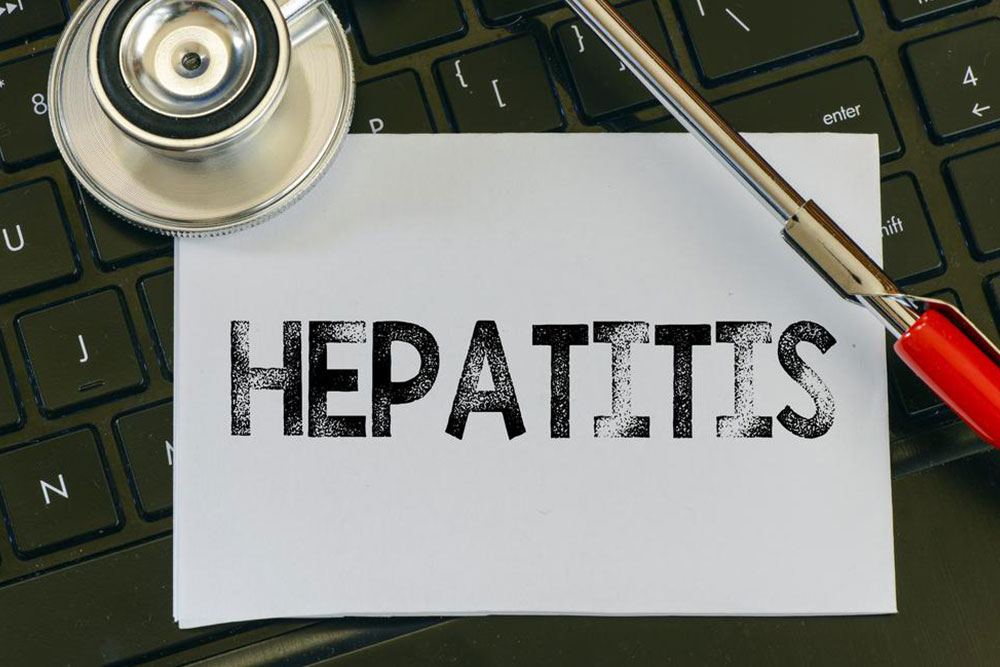Understanding Hepatitis C: Signs, Symptoms, and Prevention
Hepatitis C is a liver-infecting virus often asymptomatic at first. This article covers its symptoms, long-term effects like cirrhosis or liver cancer, and essential prevention tips. Early diagnosis via blood tests and antiviral treatments can effectively manage the infection. Practicing safe blood and sex safety measures is crucial. Being aware of the signs, such as jaundice and fatigue, helps prompt medical attention, reducing severe health risks associated with chronic hepatitis C.

Understanding Hepatitis C: Signs, Symptoms, and Prevention
Hepatitis C is a viral infection that targets the liver, caused by the hepatitis C virus. In most cases, the virus remains in the liver, affecting around 75% to 85% of infected individuals. It leads to liver inflammation and may cause severe liver problems if untreated. Transmission occurs through blood and body fluids, typically via sharing needles, contaminated medical equipment, blood transfusions, or from mother to child. Sexual transmission is also possible but less common.
Recognizing Symptoms and Signs
Symptoms usually appear one to three months after exposure. The early phase often has mild or no symptoms.
Initial symptoms of hepatitis C include:
Yellowing of skin and eyes (jaundice), dark urine
Occasional fever
Stomach discomfort
Lack of appetite and weight loss
Easy bruising and bleeding
Fatigue and drowsiness
Long-term (chronic) hepatitis C symptoms
Chronic infection may result in liver cirrhosis, liver cancer, or lasting liver damage. Symptoms can include:
Persistent fatigue and mental fog
Fatty liver disease
Portal hypertension
Jaundice
Unusual bleeding and bruising
Swollen veins (varices) in stomach and esophagus
Cognitive difficulties
Additional complications may involve extrahepatic conditions, such as:
Low platelet levels
Insulin resistance
Diabetic kidney issues
Dry mouth, salivary gland stones, or mouth lesions
Some individuals might carry the virus without showing symptoms, known as occult infection, characterized by persistent liver enzyme levels but absent antibodies.
Diagnosis and Prevention
Hepatitis C is diagnosed via blood tests. Treatments include antiviral medications, with liver transplants considered in severe cases. Prevention tips involve avoiding contaminated needles, practicing safe sex, and exercising caution with medical procedures involving blood exposure. Regular screening is recommended for at-risk populations.










